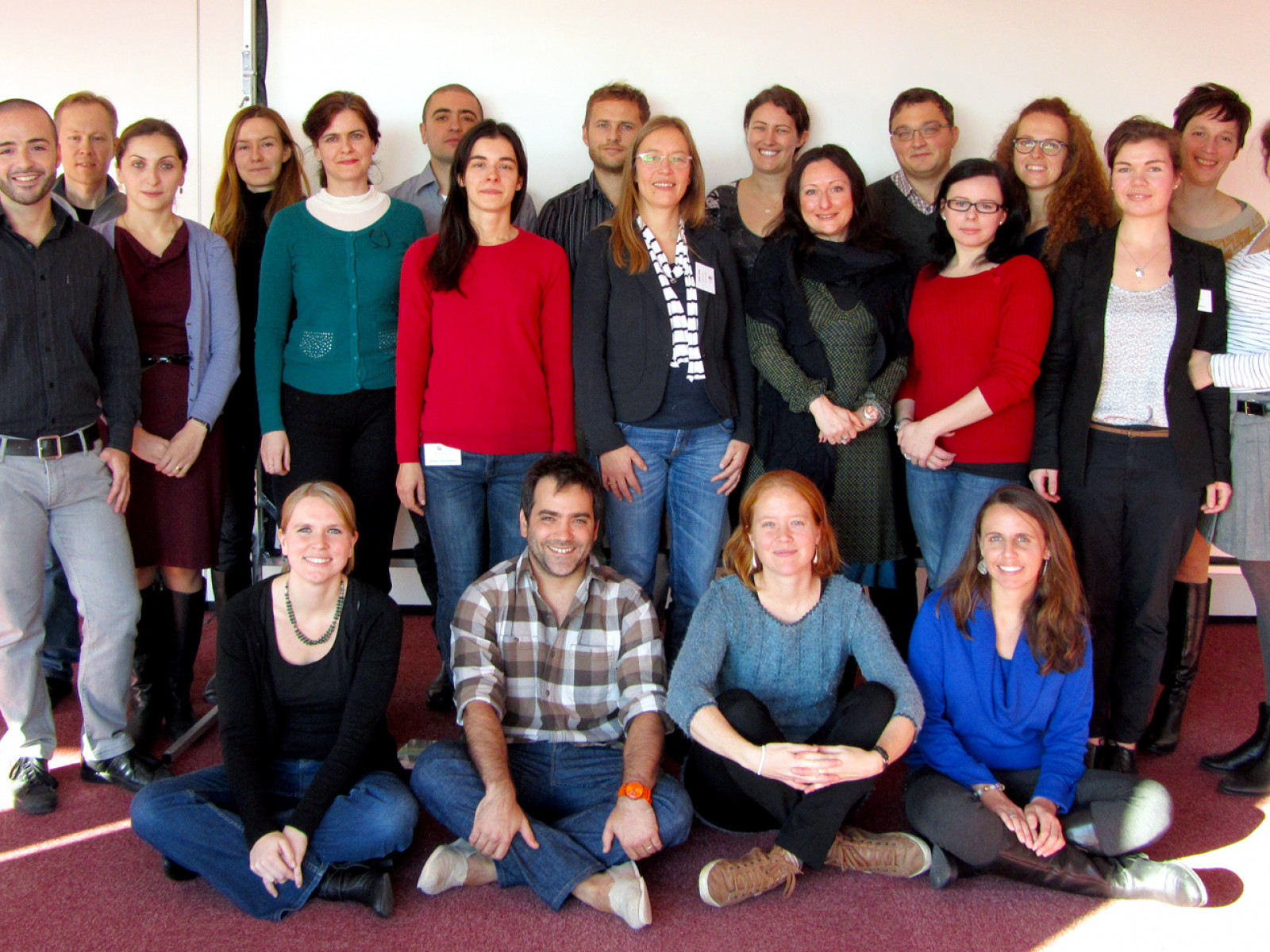
Not so long ago, statelessness advocates felt quite lonely in Europe (and probably even more elsewhere). Today, we have already progressed a long way from the time when only a handful of committed people based in different parts of the world were working to put statelessness on the agenda.
A good illustration of this is that the European Network on Statelessness (ENS) gained more than 80 members in the first 18 months of its existence. This against the backdrop that since 2011 we have witnessed a spectacular “renaissance” in attention to statelessness globally, demonstrated by increasing ratification rates, a growing body of literature and soft law and a wide range of useful activities by UNHCR, civil society, academia and other actors.
Despite these positive tendencies, the pool of experts and trainers specialised in statelessness is still relatively limited in Europe. Therefore from the outset ENS has made it a key priority to work towards creating a larger pool of professional trainers with a good geographical and linguistic outreach across Europe. The first ENS train-the-trainer course held in Budapest last week on 25-27 November constitutes a great step forward in this respect.
Working closely with UNHCR statelessness experts, and supported by UNHCR’s Global Learning Centre, ENS designed and delivered the first ever dedicated statelessness train the trainer programme. This identified four core topics for participants to develop training skills on:
-
Introduction to statelessness: concepts and definitions, causes and consequences, responses
-
Prevention and reduction of statelessness: the issues, key norms, challenges, good practices
-
Protection of stateless people, including Statelessness Status Determination: the issues, key norms, challenges, good practices
-
Statelessness in Europe: causes, populations, protection concerns, challenges, good practices
These four topics constituted the central focus of the training, with the objective being to give participants the confidence, skills and tools to be able to deliver a short training on all of these topics.
Selected from a larger pool of applicants, 10 ENS members (and future trainers) attended the course, representing national NGOs from Italy, Serbia, Macedonia, Ukraine, Latvia, Estonia, Georgia, Slovakia, Poland and Ireland[GG1] , as well as five UNHCR representatives from offices in Europe and the Americas. The course programme included advanced workshops on various aspects of statelessness, sessions on training methodology and regional planning exercises. The aim was to ensure that all participants became equipped to conduct training courses on statelessness independently in their own national context. The fact that UNHCR staff members participated alongside NGO trainers was considered by all as a helpful element to further deepen cooperation in the future. This growing pool of potential trainers also includes members of the ENS Steering Committee and other UNHCR experts.
ENS Steering Committee members are already providing training to a range of stakeholders in different countries, including to build capacity following recent developments at the national level. For example, following the introduction of a new UK statelessness determination procedure, Asylum Aid (in partnership with the Equal Rights Trust and Garden Court Chambers) is rolling out a series of trainings across the UK aimed at better equipping lawyers to take advantage of the new procedure. In the Netherlands the Tilburg statelessness summer course is proving increasingly popular for those seeking an in-depth introduction to statelessness.[c2] Furthermore, in recent years training events for various target groups (including lawyers, government officers and UNHCR staff) have been facilitated in for example Hungary, Italy, Luxemburg, Serbia, Russia, and even in regions like Latin-America or South-East Asia.
Funding remains a key challenge, but it is hoped that training will be seen as a logical step to accompany awareness-raising and advocacy efforts during next year which sees the anniversary of the 1954 Statelessness Convention as well as the ENS campaign to protect stateless persons in Europe. In light of the very positive evaluations received from participants last week, ENS is looking forward to multiply training efforts at both the national and regional level in 2014 and beyond.
For further information about ENS’s training activities or services click here or contact info@statelessness.eu


